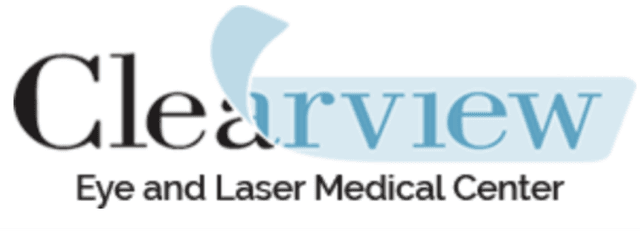


Cataracts are a common vision problem, particularly among older adults. They cause the eye's natural lens to become cloudy, leading to blurry vision, sensitivity to light, and difficulty seeing at night. If left untreated, cataracts can significantly impact daily life. Fortunately, cataract surgery is a highly effective procedure that removes the clouded lens and replaces it with an artificial intraocular lens (IOL).
With advancements in medical technology, many surgeons now recommend laser surgery for cataracts over traditional methods. This article explores the benefits of laser cataract surgery, compares it with conventional techniques, and helps you understand if this procedure is right for you.
Cataracts develop due to protein buildup in the eye’s lens, making it cloudy and reducing vision clarity. The only effective solution is cataract surgery, where the damaged lens is removed and replaced with a clear artificial lens.
Traditional cataract surgery involves making incisions manually with a scalpel and using ultrasound waves to break up the cataract before removal. In contrast, laser treatment for cataract uses a high-precision laser to perform these steps, improving accuracy and reducing the risk of complications.
Traditional cataract surgery has been the standard method for decades. However, cataract surgery laser vs. traditional techniques differ in several ways.
In traditional cataract surgery, the surgeon makes a small incision using a handheld blade, manually removes the cataract, and inserts the new lens. While highly effective, this method relies on human precision, which may lead to minor inconsistencies.
In cataract laser treatment procedures, a femtosecond laser is used to create precise incisions and soften the cataract before removal. This technology ensures greater accuracy, reduces the need for ultrasonic energy, and allows for better alignment of the new lens. As a result, patients often experience faster recovery and improved visual outcomes.
If you're considering laser treatment for cataract, understanding its advantages over traditional surgery is essential. Some of the key benefits of cataract surgery include:
Laser-assisted cataract surgery is guided by advanced imaging technology, allowing the laser to make highly precise incisions. This level of accuracy ensures optimal placement of the intraocular lens, leading to better vision correction.
Since the laser softens the cataract before removal, less energy is required to break it apart. This results in reduced strain on the eye’s tissues, leading to a gentler procedure and lower risk of post-surgical complications.
Because the laser creates more precise incisions with minimal tissue damage, the eye heals faster compared to traditional surgery. Many patients experience clearer vision within days of the procedure.
For patients with astigmatism, laser surgery for cataracts can reshape the cornea during the procedure, reducing the need for glasses or contact lenses after surgery. This built-in astigmatism correction is not possible with traditional cataract surgery.
Laser technology minimizes human error, reducing the likelihood of complications such as corneal swelling, infection, or incorrect lens placement. This makes it a safer option for many patients, particularly those with pre-existing eye conditions.
While laser cataract surgery offers several benefits, it’s essential to weigh the pros and cons of laser cataract surgery before making a decision.
Choosing between traditional and laser cataract surgery depends on various factors, including your budget, vision needs, and health conditions.
However, if cost is a significant concern and you don’t require astigmatism correction, traditional cataract surgery may still be a viable option. Consulting with an experienced ophthalmologist can help you make the best decision for your eye health.
If you are considering laser treatment for cataract, selecting a reputable eye surgeon and clinic is crucial. Clinics like ClearView Eyes specialize in advanced cataract treatments, offering state-of-the-art laser technology and personalized care.
When choosing a surgeon, consider:
The benefits of laser cataract surgery make it a popular choice for patients seeking precision, safety, and faster recovery. Compared to traditional surgery, laser surgery for cataracts offers improved accuracy, reduced risk of complications, and better vision outcomes.
Although cataract laser treatment cost may be higher than conventional procedures, many patients find the investment worthwhile due to its long-term benefits. If you are experiencing cataract symptoms, consult an ophthalmologist to determine if laser treatment for cataract is the right option for you.

Call Us: (858) 452-3937
8:30AM - 7:00 PM - Monday through Saturday (Saturday until 11:30AM)